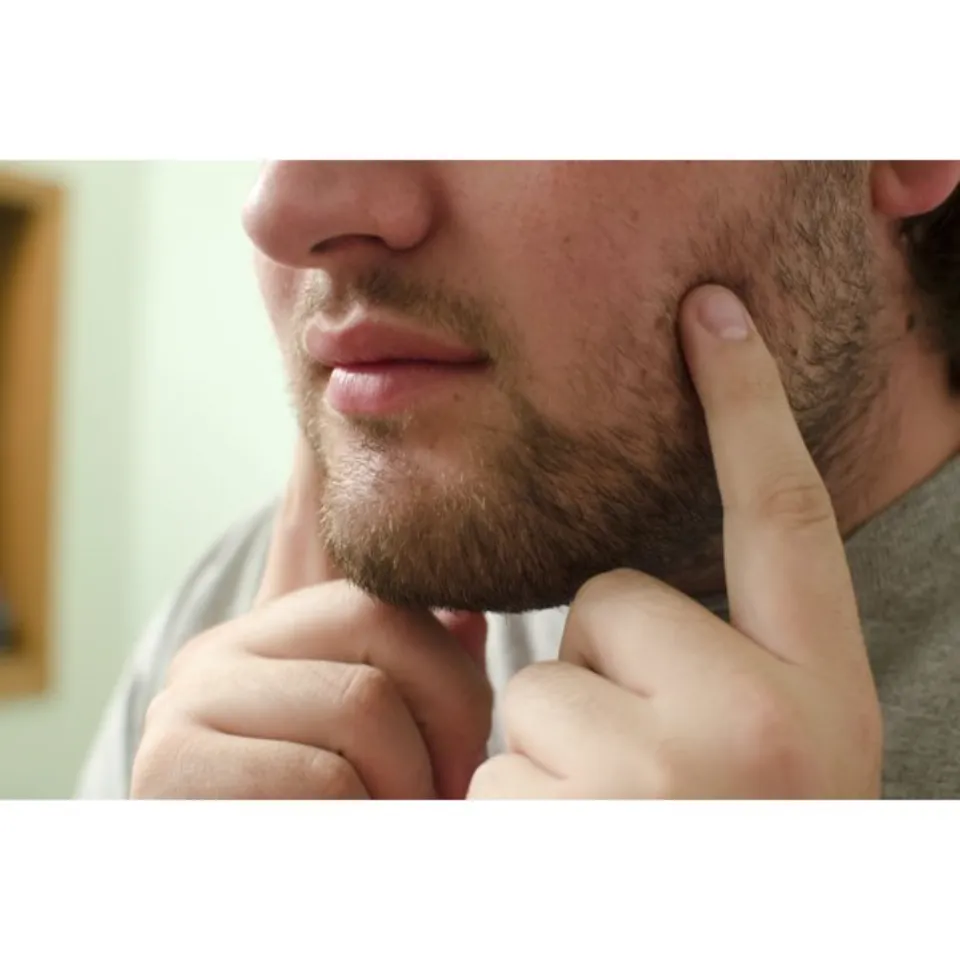
Is Jaw Pain a Sign of COVID Infection – Is It A Possible Indicator
Jaw pain has come to light as a potential sign of COVID-19 despite the infection’s wide range of symptoms. We will examine the relationship between jaw pain and COVID-19 in this article, going over the underlying mechanisms and when to get help if you have this symptom.
People can put their health first and seek the proper care by staying informed about the virus’s various manifestations.
Is TMJ Pain a Symptom of Covid-19?

Fever, cough, breathing problems, headaches, muscle aches, and a loss of taste and smell are among the typical symptoms of COVID-19. The COVID pandemic or a COVID infection, however, have also been associated with a significant number of reports of jaw or temporomandibular joint (TMJ) pain. Do you know if jaw pain is a COVID symptom? No, not specifically, is the answer. Jaw pain is not brought on by the virus itself. There does, however, appear to be a link between the rise in jaw pain, the COVID pandemic, and post-infection recovery. However, how are they related?
1. Covid Stress Can Result in Jaw Pain
The COVID pandemic has impacted people in numerous ways in addition to causing severe illness and death. Many people are struggling financially as a result of employer closures. Friends and family have been separated by lockdowns. Due to the closure of the schools, many families are now under stress from online learning. It would seem reasonable to assume that everyone’s stress levels have increased in light of all these changes. Painful stiff neck and shoulder muscles, which support the jaw, are unfortunately frequently brought on by high levels of stress. High levels of stress can also lead to teeth grinding, especially while sleeping, which can lead to sore jaw muscles, headaches, and tooth damage. Grinding injury to the teeth can result in cavities that call for dental treatments like root canals if they are not treated.
Read More: Does COVID-19 Impact Your Teeth
2. Covid Disease Can Contribute to Jaw Pain

You are not alone if you had COVID, recovered from it, and now have jaw pain. Breathing problems are often the most challenging symptom for COVID patients. Many people are compelled to breathe through their mouths in order to breathe. Mouth breathing all the time can put stress on the temporomandibular joint and lead to jaw pain. Additionally, when breathing becomes challenging, various neck muscles are frequently used to support breathing. Additionally, this may be a factor in neck and jaw pain. In addition to the strain of illness, infection, and other worries related to the COVID pandemic, many recovering patients are now experiencing jaw pain.
Read More: Do Braces Change Your Jawline
How Does the Covid Virus Prevent the Muscle from Fighting Off Infections?
Well, because the spike protein receptors on the Covid virus bind to the muscle receptors, it prevents other antibodies like T cells or B cells (from the immune system) from binding to the muscle receptors and aiding in the disease’s resistance. The purpose of T cells is to target and apoptose any foreign or unwanted viruses present in the body. The B cells are in charge of storing information about how to combat viruses so that the body can quickly get rid of them the next time they surface. The muscle would be largely defenseless without these cells. Moreover, because the muscles on both sides of the jaw are interconnected, if one side of the jaw hurts, the opposite side will also hurt.
Stress and Teeth Grinding

Stress can cause people to grind their teeth while they sleep in addition to making them clench their hands or fists. The number of patients complaining of bruxism, or nighttime teeth grinding, has increased by almost 60%, according to the American Dental Association, since the COVID pandemic began. Additionally, they have observed that more than 50% of their patients exhibit TMJ symptoms. But how can you tell if you clench or grind your teeth while you sleep? Here are some signs of teeth grinding:
- Waking up with tooth sensitivity, earaches, or sore muscles in the face
- Waking up with jaw pain
- Chronic morning headaches
- Excessive wear on teeth such as chipped teeth or worn teeth
- Tooth sensitivity or loose teeth
- Cracked teeth
- Grinding noises at night
Tips to Reduce Jaw Pain
It’s crucial to contact your dentist right away if you notice any new jaw pain brought on by the COVID pandemic or an infection. Your dentist will help you get fitted for a nighttime mouthguard if you grind your teeth in order to protect your teeth and lessen the pain you feel in your jaw. Some other tips to help reduce the jaw pain you are experiencing include:
- To relieve pain in your sore jaw muscles, apply ice.
- A hard diet that necessitates a lot of chewing should be avoided as it can exacerbate jaw problems.
- Do not chew gum.
- Keep hydrated by consuming plenty of water.
- If you have had a COVID infection and have had trouble breathing, talk to your doctor about potential neck strengthening exercises.
Preventing Jaw Pain

You can take some steps to lessen your risk of pain and maintain the health of your joints if you have a history of TMJ or other risk factors for TMJ. TMJ pain can be greatly impacted by stress. Controlling your stress is a crucial part of pain management. Even if you are pain-free, stay away from foods that require chewing and avoid doing the aforementioned exercises.





Average Rating